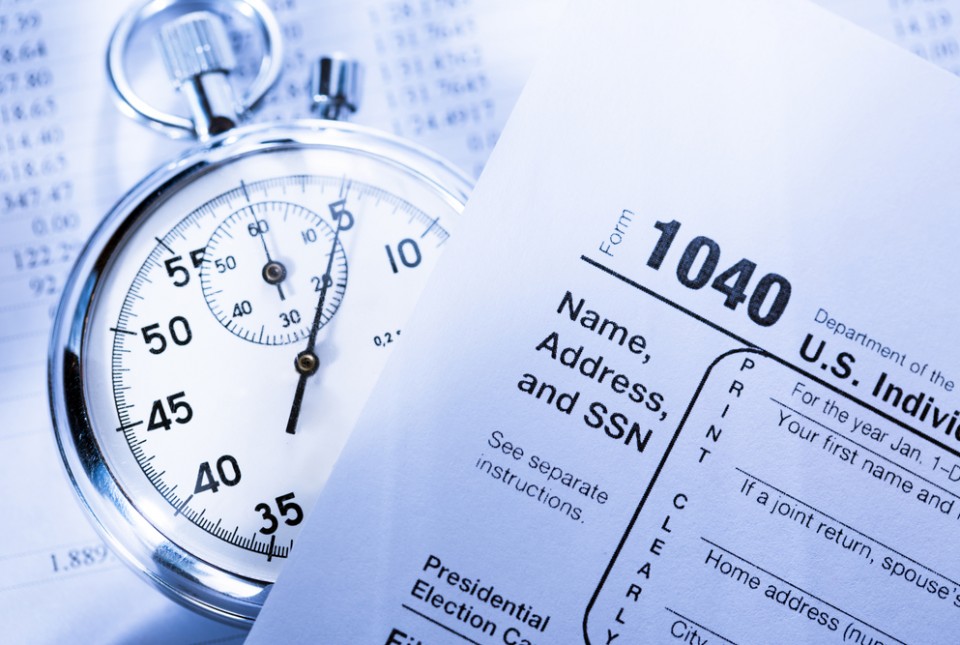E-Commerce and Taxation
Let’s talk about the States first. At the moment, sales tax rates vary widely and range from less than 1% to over 10%. There are myriad exemptions and exceptions and rates vary across types of goods and services as well as cities and even counties. Clothing and footwear under $110 is tax free in New York City, for example. But buy something worth more than $110 in Manhattan and the item is subject to a 4.5% city sales tax and a 4% state sales tax. Sales taxes are collected in 45 states, the District of Columbia and Guam. Five states, including Alaska and Montana, do not collect sales taxes. Ok so you get the point – it’s complex. A new law however, called the Marketplace Fairness Act, promises to simplify things, but it means that online vendors may be burdened with 9,600 separate taxing jurisdictions, each with its own unique definitions, holidays and rates. Regardless, the days for online shops avoiding State taxes seem to be numbered.
Now let’s talk about Federal taxes. Foreign persons are usually only subject to U.S. federal income taxes with respect to their U.S. source income. Income tax clauses in Tax Treaties do often limit the extent to which the U.S. may subject the income of a foreign taxpayer to U.S. taxes. As a result, it is important to determine whether the foreign taxpayer is a resident of a “Treaty Country” or not. So e.g., the U.K. is a treaty country while Singapore is not.
Treaty Countries like the U.K.
The profits of a resident of a Treaty Country are usually only subject to federal income taxes if the taxpayer has what is termed “Permanent Establishment” in the U.S. What does this mean? Although income tax treaties may have some variations from one another, a permanent establishment is generally defined as a fixed place of business through which business is conducted (such as an office, branch, place of management, factory, etc).
As such, a virtual presence in the U.S. via a website hosted on a foreign server should not, all things being equal, be considered a permanent establishment. However, servers and other computer equipment located in the U.S. and owned or leased by a foreign enterprise may be treated as a permanent establishment unless the use of such equipment is limited to activities that are of a preparatory or auxiliary nature. Activities such as advertising, gathering market data and/or supplying information are generally considered activities of a preparatory or auxiliary nature. On the other hand, the use of any such equipment to accept orders for the sale of goods may be considered to exceed activities that are simply of a preparatory or auxiliary nature.
U.S. income tax treaties generally provide that the permanent establishment of an independent agent will not be attributed to its principal so long as the agent is acting in its ordinary course of business. Foreign enterprises will often consider entering into contracts with third-party hosting services if U.S.-based servers are needed or desired. The bottom line is that the determination as to whether certain contacts, activities or property, constitute a permanent establishment is extremely fact intensive. It is therefore important that a foreign entity engage a U.S. tax advisor to closely examine whether such foreign entity has a U.S. permanent establishment.
Furthermore, it should be noted that tax treaties do not generally prevent state and local governments from imposing taxes on a foreign enterprise’s activities. Therefore, if a foreign enterprise has any contacts with or nexus to a particular state, the income tax implications of such contacts should be considered. Finally, the availability of treaty protection does not relieve a foreign taxpayer from U.S. tax return filing obligations.
Non-Treaty Countries like Singapore –
In the absence of an applicable income tax treaty, a foreign taxpayer’s exposure to federal income taxes is based entirely upon the Internal Revenue Code. As noted above, only the U.S.-source income of a foreign taxpayer is subject to U.S. income tax.
The sourcing rules for a foreign taxpayer’s income from the sale of goods into the U.S. does not depend on permanent establishment but rather whether the foreign person has an office or fixed place of business in the U.S. What’s the difference? In many ways, an office or fixed place of business is similar to a permanent establishment – but it is not the same. Because the phrase “office or fixed place of business” is somewhat subjective, it is important that taxpayers consult with their tax professional to determine whether their U.S. contacts would be considered an office or fixed place of business.
If the taxpayer has an office or fixed place of business in the U.S., then any sales attributable to such office or fixed place of business would be subject to U.S. income tax. On the other hand, if the taxpayer does not have an office or fixed place of business in the U.S., then the sales of inventory will be sourced to the place where title to the inventory passes. Subject to a tax-avoidance rule, the parties can generally elect where title passes in the sales contract. Therefore, a properly structured sales contract is essential to avoiding U.S. income taxes.
References –
http://www.badyallaw.com/u-s-taxation-of-inbound-international-e-commerce.htm







